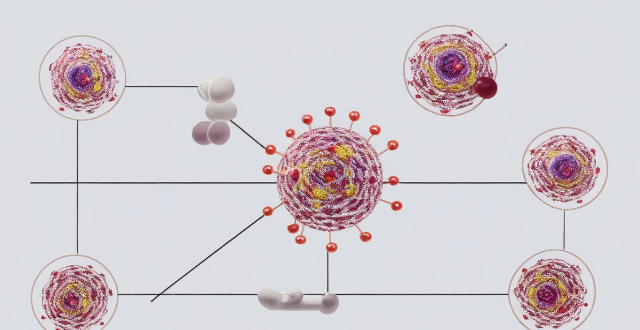Exercise stimulates protein production for muscle growth and repair, increases satellite cells for new muscle fibers, boosts blood flow for nutrient delivery and waste removal, and promotes the release of growth factors like IGF-1.

How does exercise affect muscle growth and repair at a cellular level?
Exercise is an important factor in promoting muscle growth and repair. At a cellular level, exercise stimulates the production of proteins that are essential for muscle growth and repair. These proteins include myosin, actin, and troponin, which are involved in muscle contraction and relaxation. Exercise also increases the number of satellite cells, which are stem cells that can differentiate into new muscle fibers. In addition, exercise increases the amount of blood flow to the muscles, which provides nutrients and oxygen to the cells and helps remove waste products. Finally, exercise promotes the release of growth factors, such as insulin-like growth factor-1 (IGF-1), which further stimulates muscle growth and repair.